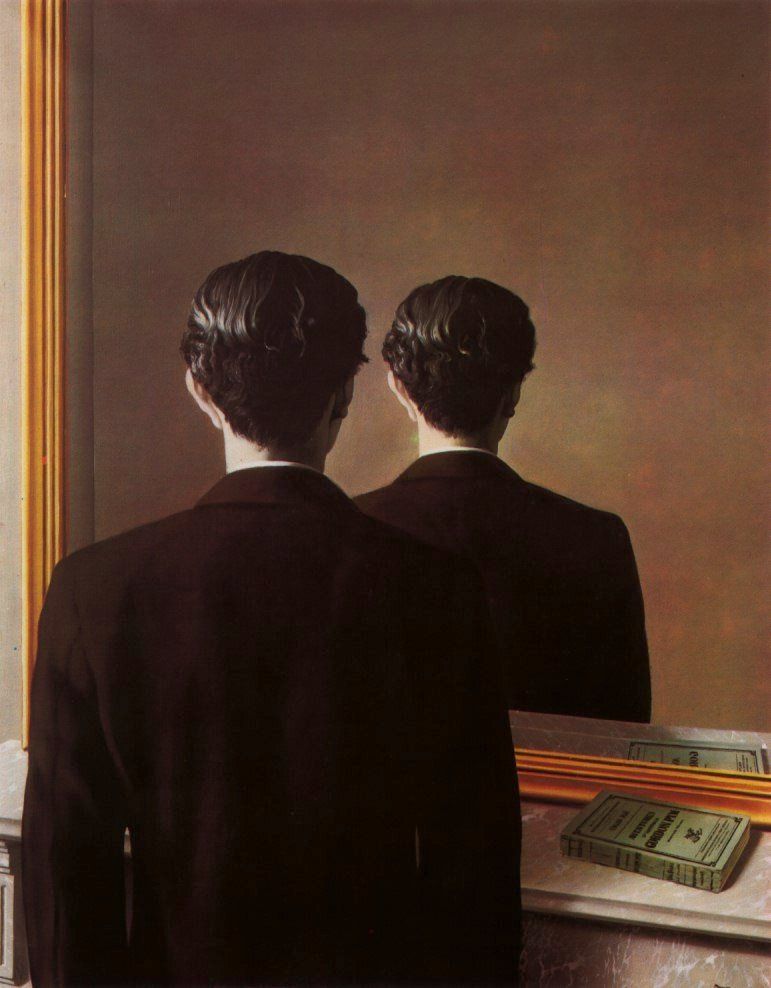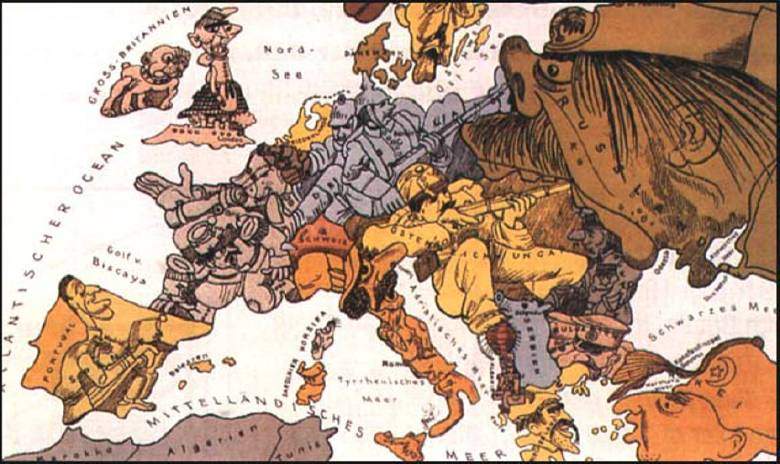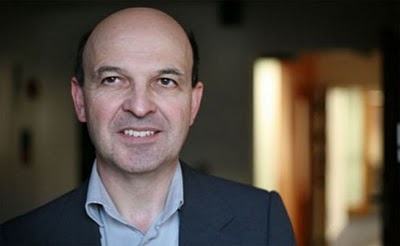A quote from Alan Dershowitz:
How does one understand — not even forgive, simply understand! — the virulently anti-Jewish statements of intellectuals throughout history? Their numbers included H. L. Mencken (‘The Jews could be put down very plausibly as the most unpleasant race ever heard of’); George Bernard Shaw (‘Stop being Jews and start being human beings’); Henry Adams (‘The whole rotten carcass is rotten with Jew worms’); H.G. Wells (‘A careful study of anti-Semitism, prejudice and accusations might be of great value to many Jews, who do not adequately realize the irritation they inflict’); Edgar Degas (characterized as a ‘wild anti-Semite’); Denis Diderot (‘Brutish people, vile and vulgar men’); Theodore Dreiser (New York is a ‘kike’s dream of a ghetto,’ and Jews are not ‘pure Americans’ and ‘lack integrity’); T. S. Eliot (a social as well as literary anti-Semite, even after the Holocaust); Immanuel Kant (‘The Jews still cannot claim any true genius, any truly great man. All their talents and skills revolve around stratagems and low cunning … They are a nation of swindlers.’) Other famous anti-Semites include Tacitus, Cicero, Aleksander Pushkin, Pierre Renoir, Thomas Edison, Henry Ford, and, of course, Richard Wagner. This honor roll of anti-Jewish bigotry goes on, and included people of every race, religion, and geographic area, political leaning, gender, and age. The answer to the question why? probably lies more in the realm of abnormal psychology than in any rational attempts to find understandable cause in history, or economics. Anti-Semitism is a disease of the soul, and diseases are best diagnosed by examining those infected with them (Dershowitz, Alan. Chutzpah. Little, Brown, and Co. Boston, Toronto, London, 1991; p 113). (see here)
So, according to Dershowitz, anti-Semites may be found among “people of every race, religion, and geographic area, political leaning, gender, and age.” And his theory is that people in all these different categories are suffering from some kind of abnormal psychology (!). The normal as abnormal. Thereby absolving him from having to find a rational explanation.
The mind boggles. But it’s an excellent example of the imperviousness to Jews to any objective understanding of anti-Jewish attitudes.







